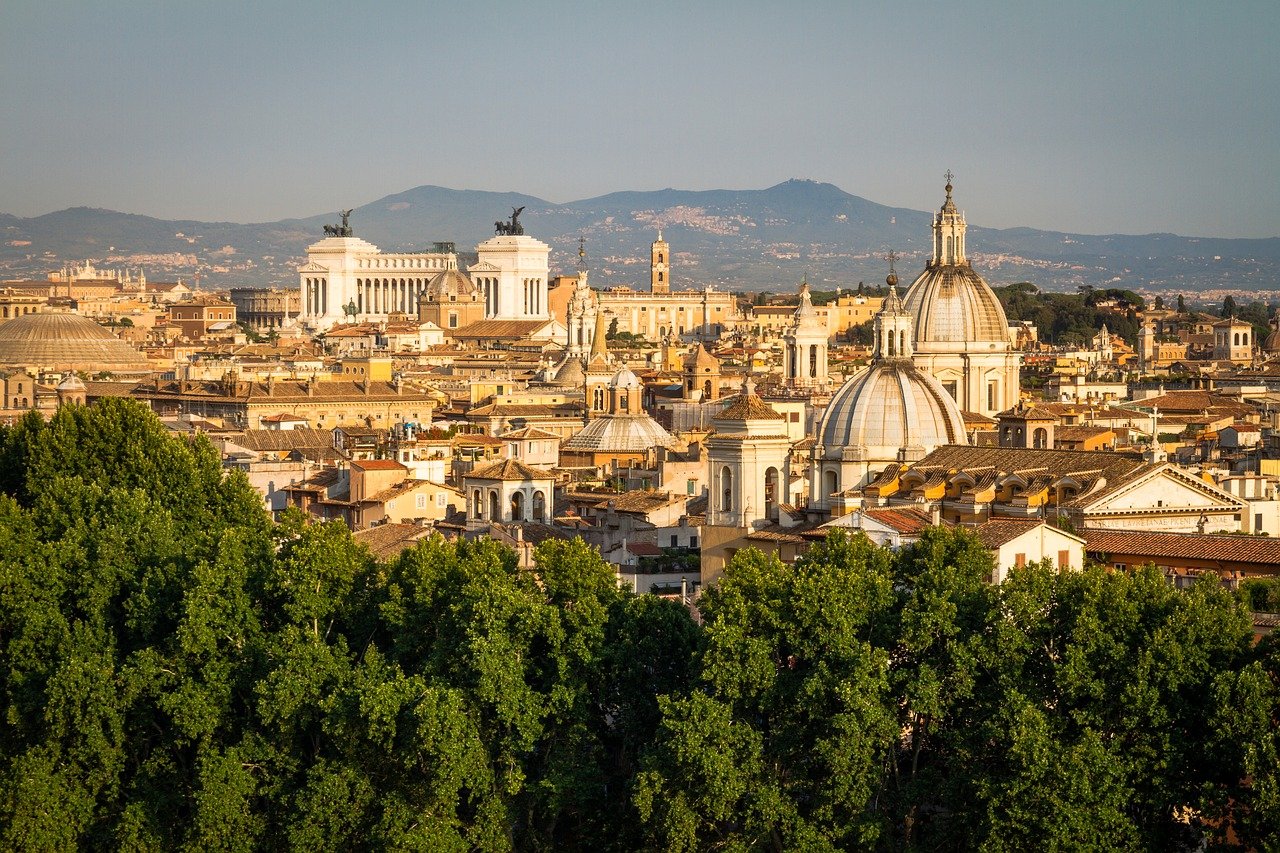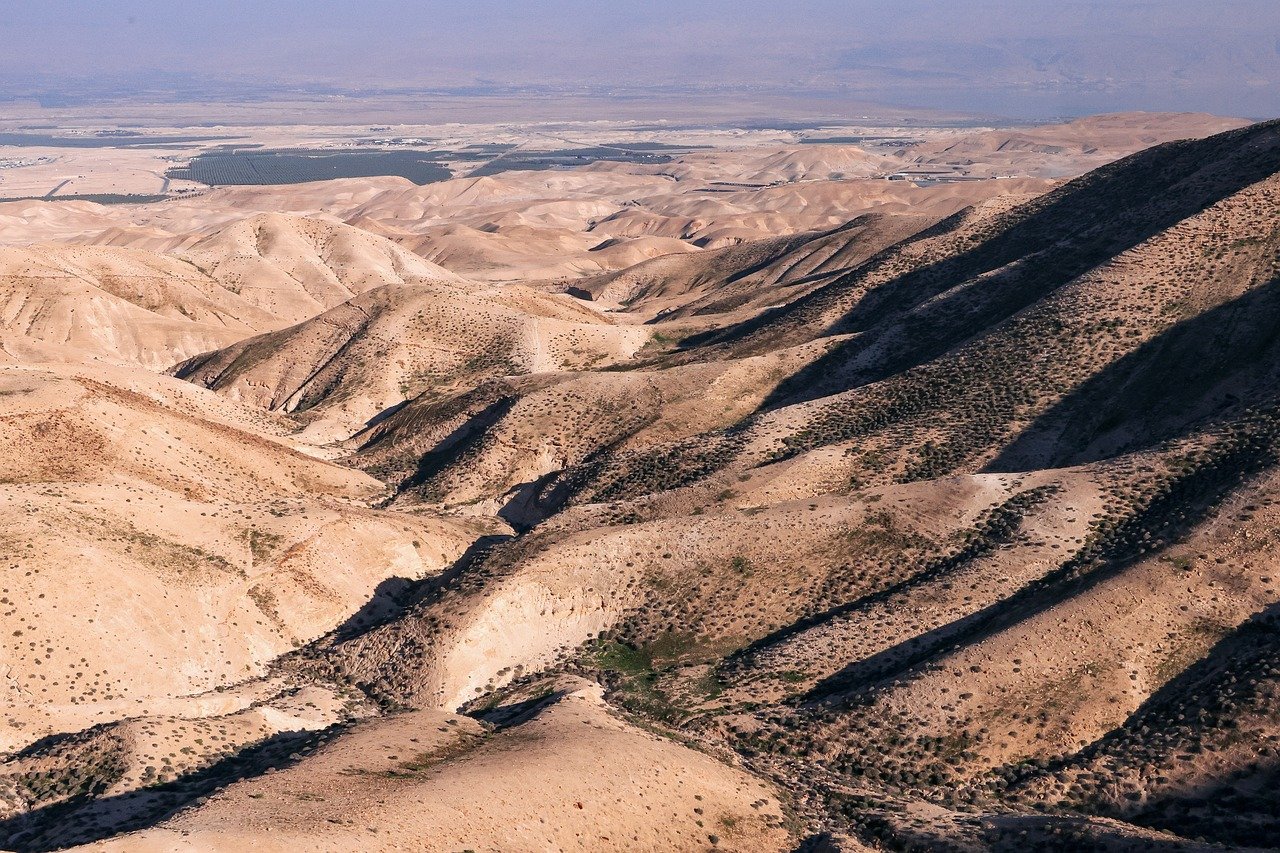Introduction to Brazil‘s Coffee Culture
Brazil, the land of samba, carnival, and football, is also the world’s largest coffee producer. The country’s coffee culture is as rich and diverse as its landscapes, offering a fascinating journey for both coffee aficionados and casual travelers. From bustling urban cafes to serene coffee plantations, Brazil’s coffee scene provides an immersive experience into the world of this beloved beverage. In this post, we’ll explore the best cafes and coffee plantations across Brazil, uncovering the unique flavors and traditions that define Brazilian coffee culture.
The History of Coffee in Brazil
Coffee was introduced to Brazil in the early 18th century, quickly becoming a major economic driver. Today, Brazil accounts for approximately one-third of the world’s coffee production. The country’s vast and varied landscapes provide ideal conditions for growing different coffee varieties, resulting in a diverse range of flavors and profiles. Key regions such as Minas Gerais, São Paulo, and Espírito Santo have become synonymous with high-quality coffee production.
In recent years, Brazil has embraced the specialty coffee movement, focusing on sustainable and ethical practices. This shift has not only enhanced the quality of Brazilian coffee but also enriched the local coffee culture, encouraging the growth of innovative cafes and artisanal roasters.
Exploring Brazil’s Best Coffee Plantations
Minas Gerais: The Heart of Brazil’s Coffee Production
Minas Gerais is Brazil’s largest coffee-producing state, renowned for its exceptional quality beans. The region’s high altitudes and fertile soils create perfect conditions for growing specialty coffee. Visitors can explore several notable plantations, such as Fazenda Sertão and Fazenda Santa Inês, both offering tours that provide insights into the coffee production process, from cultivation to roasting.

These plantations often incorporate sustainable practices, such as shade-grown coffee and organic farming, ensuring an environmentally friendly approach. Touring these plantations offers a unique opportunity to taste single-origin coffees and learn about the intricate nuances that differentiate Brazilian coffee from other global varieties.
São Paulo: A Blend of Tradition and Innovation
While São Paulo is one of Brazil’s most urbanized regions, it is also home to some remarkable coffee plantations. The state combines traditional coffee-growing techniques with modern innovations, producing beans that are both flavorful and distinctive. Fazenda Ambiental Fortaleza is a prominent example, known for its commitment to biodiversity and community development.
Visitors to São Paulo can also explore the vibrant coffee scene in its capital city, where numerous cafes and roasteries showcase the best of Brazilian coffee. The dynamic blend of tradition and innovation makes São Paulo a must-visit destination for coffee lovers.
Espírito Santo: Uncovering Hidden Gems
Espírito Santo is often overshadowed by its larger counterparts but offers a unique coffee experience. The region is famous for its production of Robusta beans, which are typically used in blends and espresso. However, Espírito Santo is also gaining recognition for its specialty Arabica beans, cultivated in the mountainous areas of the state.
Visiting coffee plantations in Espírito Santo, such as Fazenda Camocim, allows travelers to explore a lesser-known aspect of Brazilian coffee culture. The region’s commitment to quality and sustainability provides an enriching experience for those willing to venture off the beaten path.
The Best Cafes in Brazil
São Paulo: A Coffee Lover’s Paradise

São Paulo is often regarded as the coffee capital of Brazil, with a thriving cafe scene that caters to every palate. The city’s eclectic mix of traditional coffee houses and modern cafes offers a diverse array of experiences. Coffee Lab is a standout, known for its innovative approach to brewing and its commitment to quality. The cafe offers an extensive selection of coffees, each carefully sourced and roasted to perfection.
Another must-visit is Café Floresta, a historic establishment that has been serving coffee lovers since 1971. The cafe’s classic ambiance and rich brews make it a favorite among locals and tourists alike.
Rio de Janeiro: Coffee with a View
In Rio de Janeiro, coffee culture is intertwined with the city’s vibrant lifestyle and stunning landscapes. Cafes here often boast breathtaking views, providing the perfect backdrop for a leisurely coffee break. Colombo Confectionery, located in the heart of the city, offers a taste of old-world charm with its elegant decor and exquisite pastries.
For a more contemporary experience, visit Curto Café, known for its minimalist design and focus on direct trade coffee. The cafe offers a unique “pay what you feel” model, encouraging patrons to appreciate the true value of their coffee.
Belo Horizonte: A Hidden Gem
Belo Horizonte, the capital of Minas Gerais, may not be as well-known as São Paulo or Rio, but it boasts a burgeoning coffee scene that is worth exploring. The city is home to numerous cafes that highlight the region’s rich coffee heritage. Academia do Café is a pioneer in the local specialty coffee movement, offering curated coffee tastings and workshops.
For a cozy and intimate setting, Café 104 provides a welcoming atmosphere where patrons can enjoy locally sourced brews alongside a menu of artisanal pastries and snacks.
Conclusion: Embracing Brazil’s Coffee Culture

Brazil’s coffee culture is a testament to the country’s dedication to quality, sustainability, and innovation. From the lush coffee plantations of Minas Gerais to the bustling cafes of São Paulo and Rio de Janeiro, Brazil offers a rich tapestry of experiences for coffee enthusiasts. Whether you’re savoring a freshly brewed cup in a historic cafe or exploring the intricate processes behind coffee production on a plantation tour, Brazil invites you to discover the flavors, traditions, and stories that define its coffee heritage.
By embracing the country’s coffee culture, travelers not only indulge in the sensory delights of Brazilian coffee but also gain a deeper appreciation for the people and processes that make it possible. As you plan your journey through Brazil, be sure to explore the diverse landscapes and vibrant communities that contribute to the world’s most beloved beverage.
Understanding the Coffee-Making Process in Brazil
To truly appreciate Brazil’s coffee, one must understand the meticulous process that turns raw coffee cherries into the aromatic beverage cherished worldwide. Brazilian coffee production involves several crucial steps, each contributing to the final flavor profile of the coffee.
Cultivation and Harvesting
The journey begins with cultivation, where coffee plants are grown in rich, fertile soils across various regions. The climate and altitude play pivotal roles in determining the characteristics of the coffee. In Brazil, coffee cherries are typically harvested using a method known as strip picking, where all cherries are stripped from the branch simultaneously. This method is efficient and allows for large-scale harvesting during the peak season. However, on specialty coffee farms, handpicking is preferred to ensure only the ripest cherries are selected, enhancing the quality of the final product.
Processing Methods

Once harvested, the cherries undergo processing to remove the outer layers and extract the coffee beans. Brazil primarily uses two processing methods: dry (natural) and wet (washed). The dry process involves spreading the cherries out under the sun to dry, which imparts a naturally sweet and fruity flavor to the beans. The wet process, on the other hand, involves removing the cherry pulp before fermentation, resulting in a cleaner, brighter taste.
Many Brazilian coffee farms are now experimenting with innovative processing techniques to create unique flavor profiles. For instance, pulped natural processing, a hybrid method, combines elements of both dry and wet processes, producing beans with balanced acidity and body.
Roasting and Tasting
The roasting process is where the beans develop their distinctive flavors and aromas. Brazilian roasters are known for their expertise in bringing out the best in their beans, often tailoring the roast to highlight specific flavor notes. Light roasts tend to preserve the bean’s inherent characteristics, while darker roasts introduce richer, more robust flavors.
Once roasted, the beans are ready for tasting—a crucial step in ensuring quality. Professional tasters, known as Q graders, evaluate the coffee’s aroma, flavor, acidity, body, and aftertaste. This rigorous process helps maintain Brazil’s reputation for producing some of the finest coffees in the world.
Tips for Coffee Enthusiasts Visiting Brazil
For those planning to explore Brazil’s coffee culture, here are some tips to enhance your experience:
Engage with Local Farmers
Visiting coffee plantations offers a chance to engage with local farmers and gain firsthand knowledge of their sustainable practices. Many farms offer guided tours where you can participate in various stages of coffee production, from picking cherries to roasting beans.
Participate in Coffee Tastings
Don’t miss the opportunity to indulge in coffee tastings, where you can sample a range of flavors and learn about the nuances that differentiate Brazilian coffees. Coffee festivals and fairs held throughout the year provide an excellent platform for tasting diverse coffee varieties.

Explore Local Cafes
Take time to explore local cafes, each offering its unique ambiance and selection of coffee brews. Engaging with baristas can provide insights into the art of coffee-making and introduce you to new brewing techniques and flavors.
The Future of Brazilian Coffee
As the specialty coffee movement continues to grow, Brazil remains at the forefront of innovation and sustainability. The country’s commitment to quality and ethical production practices has positioned it as a leader in the global coffee industry. Initiatives focusing on environmental conservation and fair trade are increasingly prevalent, ensuring that Brazil’s coffee culture thrives for generations to come.
Moreover, the emergence of new coffee-growing regions and the development of unique processing methods are expanding the diversity of Brazilian coffee offerings. As consumers become more discerning, Brazilian producers are adapting to meet the demand for high-quality, sustainably sourced coffee.
Final Thoughts
Brazil’s coffee culture offers a rich tapestry of experiences, inviting travelers to explore the intricate journey of coffee from bean to cup. Whether you’re traversing the lush coffee fields of Minas Gerais, sipping espresso in a São Paulo cafe, or savoring a unique brew in Rio de Janeiro, the country’s vibrant coffee scene promises to captivate your senses.
By immersing yourself in Brazil’s coffee culture, you not only enjoy some of the world’s finest coffees but also contribute to a tradition that supports sustainable agriculture and community development. As you plan your next journey, consider Brazil’s coffee trails—an adventure that promises both enlightenment and enjoyment.










